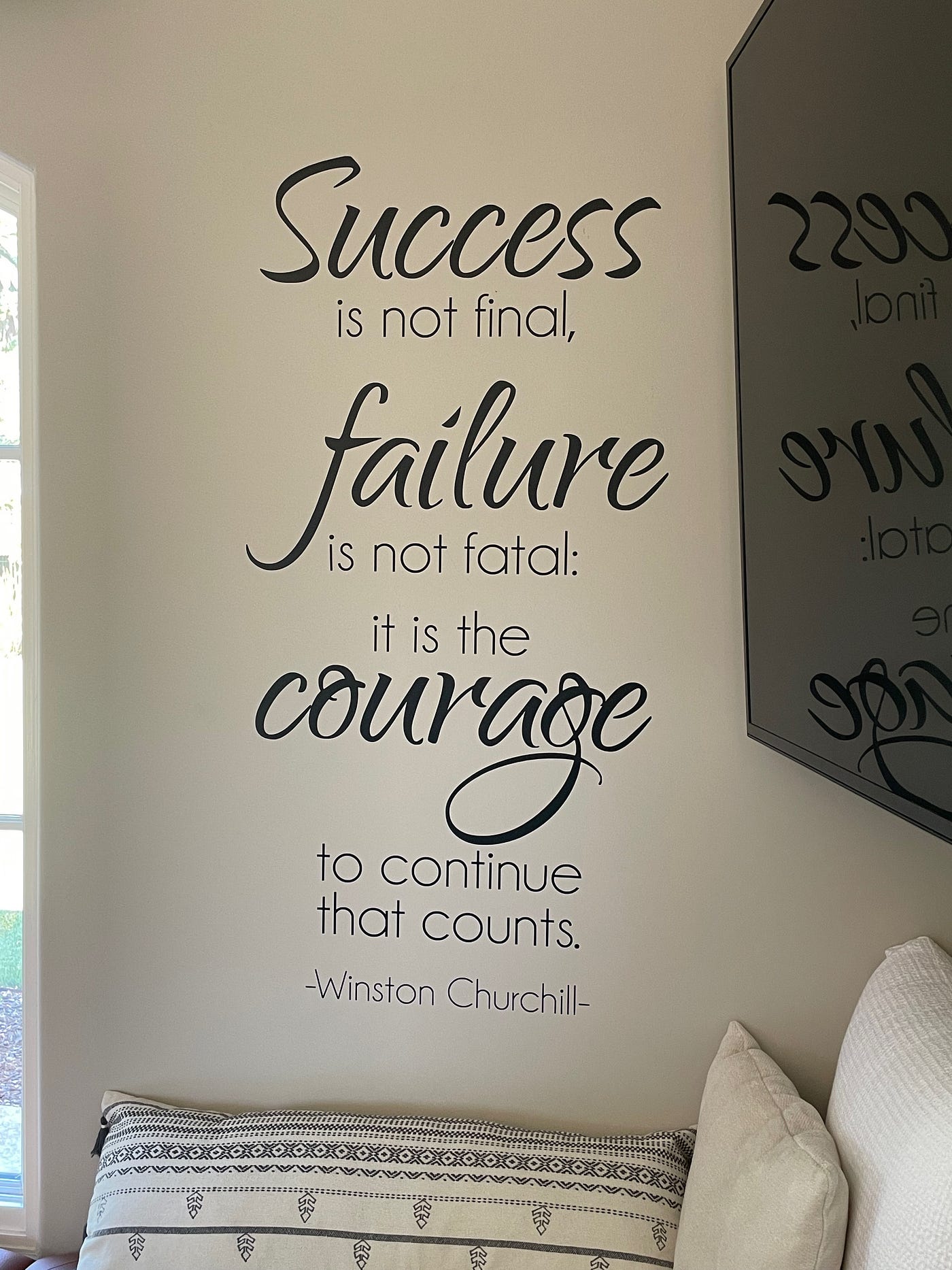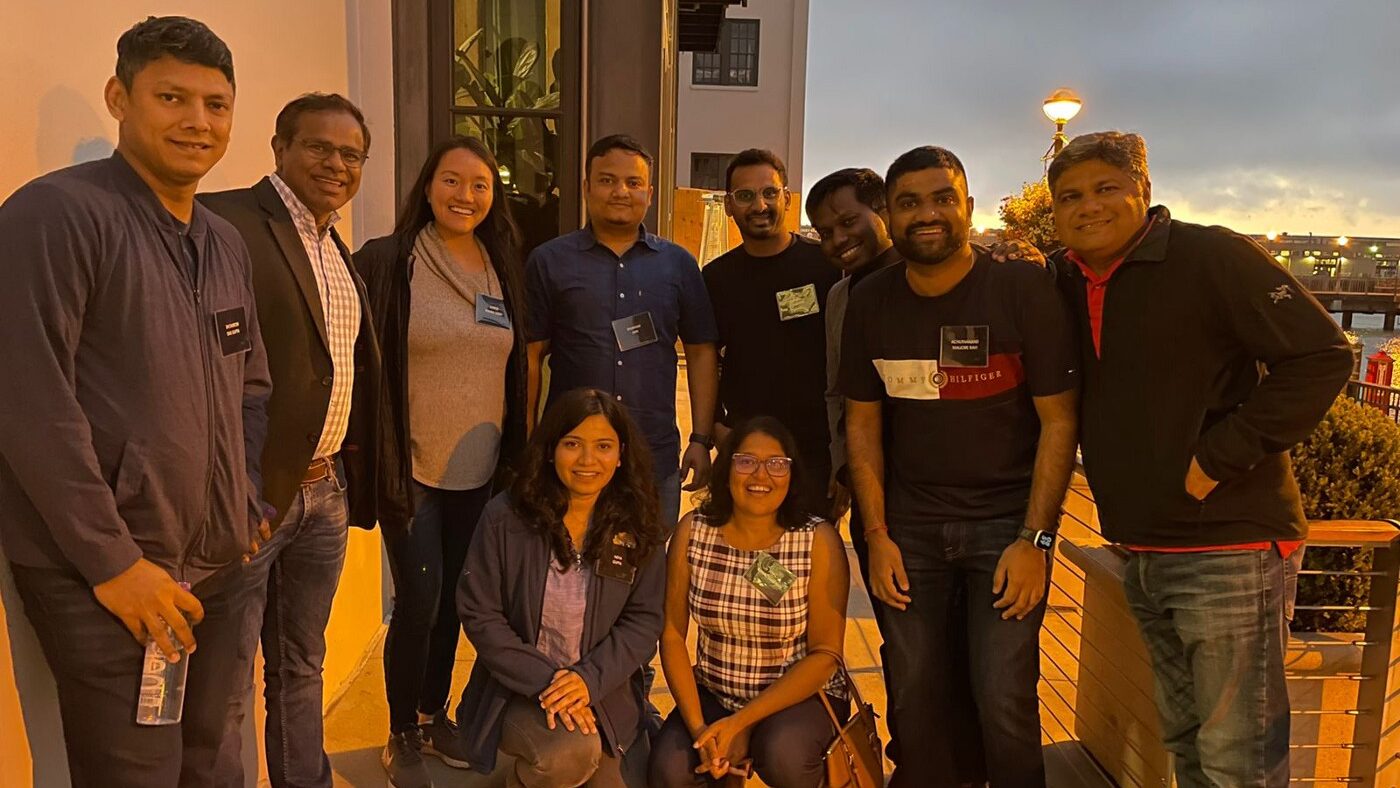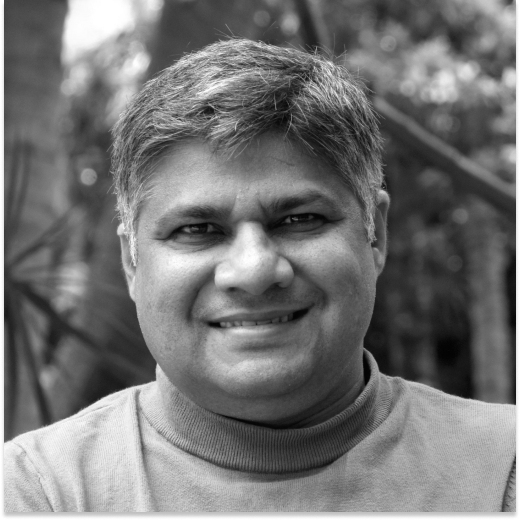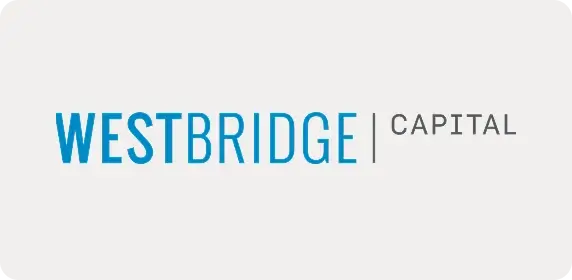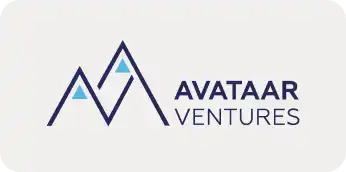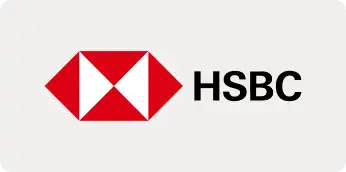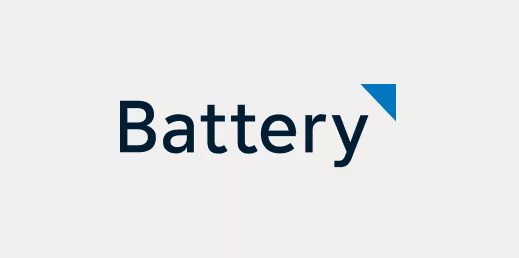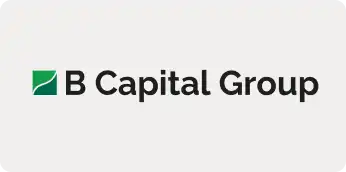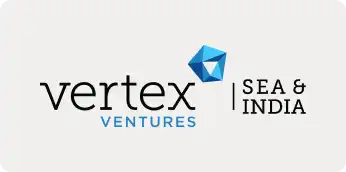This is a piece based on SaaSBoomi’s trip to the valley. The learnings here are extracted from seven roundtables, a few walks, countless orders of beer, wine, and coffee, and one-on-one conversations with the most ambitious founders in the world. For part one of this piece, click here.
When Sunil Thomas moved to the US to set up CleverTap in 2013, his goal was to build a global product. Sunil simply wanted real-time feedback from the US market, but selling in the US was not his top priority then. Even now, CleverTap feels like they’re just getting started.
Visualizing a global company at the conception stage is critical for every SaaS venture. This was a key message from entrepreneurs and investors in the recent SaasBoomi knowledge series held in Silicon Valley. The industry experts came together to help the SaaS community build more valuable companies in a tough economy.
Startups are facing new headwinds. From a pandemic-led uncertainty, entrepreneurs are bracing themselves for a Grey Rhino scenario of a highly probable, high-impact slowdown.
But simultaneously, our research has shown that India’s SaaS industry could potentially be valued at $1 trillion and employ 500,000 people by 2030. Despite potential threats, the current environment has a silver lining. It gives founders the opportunity to reorient their priorities and rebuild their business efficiencies.
With the current market landscape in mind, we aimed our SaaSBoomi series discussions at helping entrepreneurs create bold global products. Here, our experts delved deeper into the three Ps: product, process, and people.
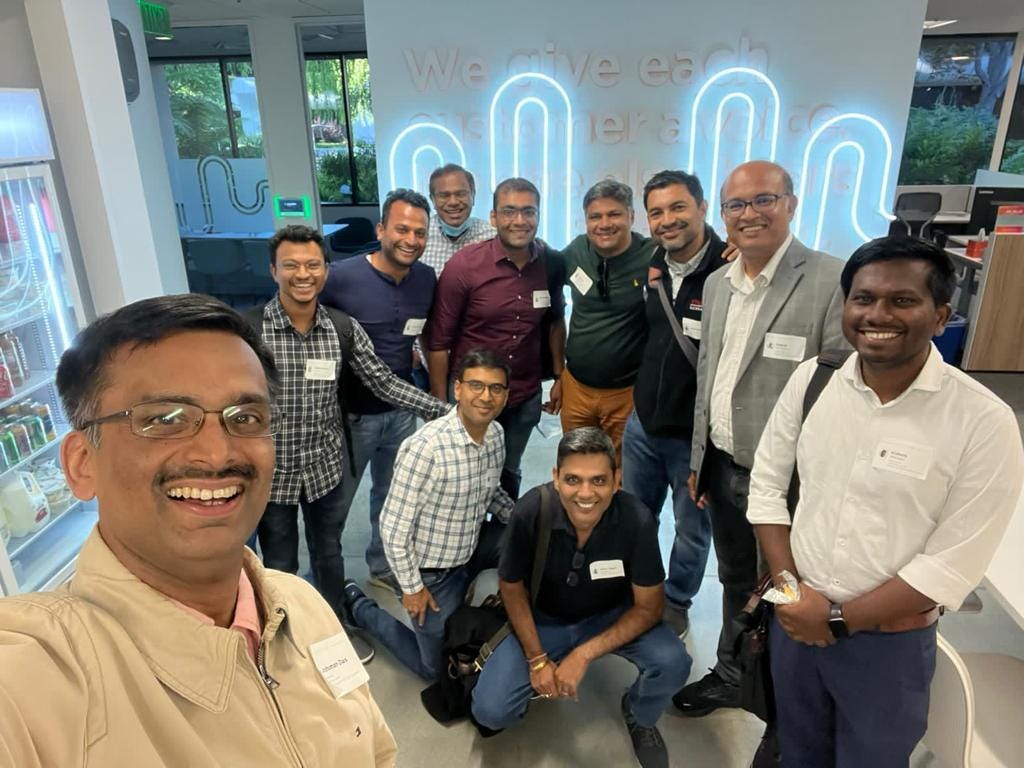
The where to build conundrum
The key question that founders need to ask themselves is where should their company be located. SaaS experts on our panels concur that while India is an attractive market to start building, in reality, it is a difficult market to conquer.
Girish Mathrubootham, founder and CEO at Nasdaq-listed Freshworks, says that Indian corporates are looking for global brands. So if a SaaS company wins global customers, it will become easier for them to sell in India.
There are also key differences in the market dynamics between India and the US. India is more plan-as-you-go with sales. The US, however, is structured.
Localisation and finding customers who will derive maximum value from the product is essential, believes Mohit Garg, co-founder of Oloid. Even the area between San Francisco to San Jose is a massive geography on its own. So going deeper to find the most appropriate target audience is necessary.
Zeroing down the market opportunities to one geography is the first step. Our experts are of the view that SaaS companies should steer clear of only focusing on the big picture. Looking into what the market termed as non-critical problems is the key to success.
Hiring talent for the world
A company’s initial brand ambassadors are its employees, and SaaS companies are no different. The fundamental objective for SaaS companies should be to hire SaaS talent who is ready to solve problems for the world.
The top insight gathered from our SaaS experts is to strategize on recruitment. Being specific makes the process easier. There is no one-size-fits-all playbook for hiring because it will depend on the buying patterns of your customers.
For instance, people in the US buy by specific categories while in India, a single platform solution works better. Similarly, while India has a wide availability of SEO/SEM talent, our experts believe that there is a dearth of product marketing talent in the country.
While India would be cost-effective from a hiring perspective, the success ratio could also turn out to be lower. On the theme of building a team, our experts view the natural progression as market discovery, followed by demand generation, and eventually moving to full-fledged hiring.
But the expectations of hires have significantly changed compared to a decade ago. Flexibility, including remote work options, holds prominence for young recruits. Work-from-anywhere may sound good on paper, but it can crush the collaborative spirit of a team. So finding a middle ground that is acceptable to the company and employees becomes a task.
Freshworks’ Girish offers some insights on how they made it work. Similar to the rest of the world, his employees too wanted to work from home. Instead of issuing diktats, Freshworks decided to ease back into work by asking employees to come to the office thrice a week.
Scaling during uncertainty
Fear and unpredictability have taken over founders’ minds. Funding has hit a slow lane, and investors are concerned about a looming recession risk in the United States. But all is not lost.
Deep Nishar, MD, General Catalyst, calls it the best time to sustain one’s business performance. Think about value creation rather than valuation, is his success mantra.
The primary metric to measure a SaaS company’s success is its ARR. At present, there are only 15 pure-play SaaS companies in the world that do more than $2 billion in revenue. Deep says that this is the club that all founders should aspire to be a part of.
For SaaS founders, this downturn is also the time to introspect about their future. Arun Mathew, Partner, Accel, views this phase as a period of reckoning in terms of value. Arun believes that this slow-growth stage will push more discipline and effort. Companies that focus on the fundamentals and create product value will get rewarded.
This is the season to identify and chase opportunities. As Guru Chahal, Partner, Lightspeed puts it, “Everything is up for grabs”. No business segment, geography, or sector is out of bounds. If revenue growth is slowing, think about improving efficiency.
India is no longer just an R&D centre for SaaS companies. Right from product strategy and research to GTM, entire global teams have now started operating out of India. A few years ago, India’s SaaS professionals would spend a lot of time on the why of starting a business. Now, they are on the right track and asking how to build a successful SaaS business.
Reflecting on the future
Deep believes that while the last three years were about the fundraising founder, the next three years will be about the operational founder. SaaS businesses that can adapt to market sensitivities and get ahead of the curve will be the real winners.
India already has the necessary raw materials to build scalable SaaS models. Investors are noticing repeatable patterns in business models. There is a definite cost advantage in building locally.
While inflation and recession are uncontrollable market forces, building a sustainable SaaS business is what will truly create value. This is the moment for SaaS entrepreneurs to pursue their limitless ambitions. The time to build is now.
